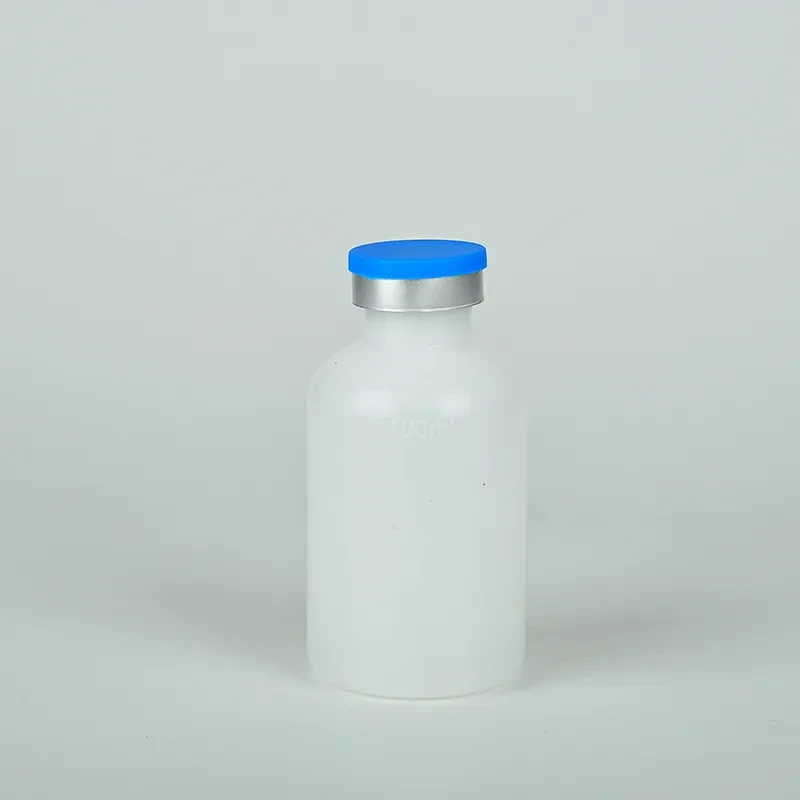https://www.wahmg.com/)">
laboratory apparatus reagent bottle
laboratory apparatus reagent bottle
Understanding Laboratory Apparatus The Reagent Bottle
In the realm of scientific research and experimentation, laboratory apparatus plays a pivotal role in obtaining accurate results and maintaining safety standards. Among the various tools utilized in laboratories, the reagent bottle stands out as an essential instrument for storing chemicals and reagents. This article delves into the characteristics, uses, and importance of reagent bottles in scientific settings.
What is a Reagent Bottle?
A reagent bottle is a container designed specifically for holding and storing chemical substances that are used in laboratory experiments. Typically made from glass or plastic, these bottles are engineered to withstand chemical reactions and preserve the integrity of their contents over time. The materials chosen for these bottles must resist various chemicals to prevent degradation and contamination.
Types of Reagent Bottles
Reagent bottles come in various sizes and shapes, enabling scientists to select the most appropriate type for their needs. Common variations include
1. Amber Glass Bottles These are often used for light-sensitive substances. The amber color protects the contents from degradation that can be caused by exposure to light.
2. Clear Glass Bottles Ideal for substances that are not sensitive to light, clear glass reagent bottles allow for easy observation of the contents. They are frequently used for standard solutions or reagents.
3. Plastic Bottles Polyethylene and polypropylene are popular choices for these bottles, especially when dealing with strong acids or bases that can corrode glass. Plastic bottles are lightweight and less prone to breaking, making them suitable for use in various laboratory conditions.
laboratory apparatus reagent bottle

Uses of Reagent Bottles
The primary function of reagent bottles is to store chemical reagents safely. However, their utility extends beyond mere containment. Some of the key uses of reagent bottles include
- Preserving Chemical Integrity Many chemical reactions can lead to degradation or contamination if reagents are not stored properly. Reagent bottles offer an airtight seal, minimizing the risk of exposure to moisture and air, which can compromise the quality of the chemicals.
- Facilitating Organization Laboratories often handle numerous reagents simultaneously, and reagent bottles help maintain organization. By labeling bottles clearly, scientists can quickly identify substances, ensuring efficiency and reducing the chances of mishandling chemicals.
- Safety The design of reagent bottles contributes to laboratory safety. Many bottles feature specialized closures to prevent leaks and spills. This is particularly vital when handling hazardous materials, ensuring safety for personnel and preventing environmental contamination.
Importance in Scientific Research
In scientific research, the accuracy and reliability of results can hinge on the quality and handling of reagents. The use of appropriate reagent bottles minimizes contamination risks and ensures that experiments are conducted under controlled conditions. Furthermore, as regulations surrounding the use and storage of chemicals become increasingly stringent, the importance of compliant and safe storage solutions like reagent bottles cannot be overstated.
Conclusion
In summary, reagent bottles are indispensable tools in any laboratory, contributing significantly to the safe and effective storage of chemicals. With various options available, scientists can choose the most suitable design and material for their specific reagents. The careful selection and usage of reagent bottles not only safeguard the integrity of experiments but also promote a culture of safety and organization within scientific environments. As research continues to advance, the role of these seemingly simple containers will remain vital to the success of innovative scientific endeavors.
-
Wholesale Plastic Juice Bottles with Caps 16 oz Options Available Bulk Packaging SolutionsNewsJun.10,2025
-
Laboratory Apparatus Reagent Bottle – Durable & Chemical Resistant Bottles for Safe StorageNewsJun.10,2025
-
Squeezable Dropper Bottles Durable, Leak-Proof & CustomizableNewsMay.30,2025
-
Affordable Plastic Petri Plates Sterile & Disposable Lab-GradeNewsMay.30,2025
-
Eye Dropper Caps Precision 24/410 & Plastic Bottle-Compatible TipsNewsMay.30,2025
-
Affordable Mini Spray Bottle Price & Wholesale Deals Shop NowNewsMay.29,2025





















